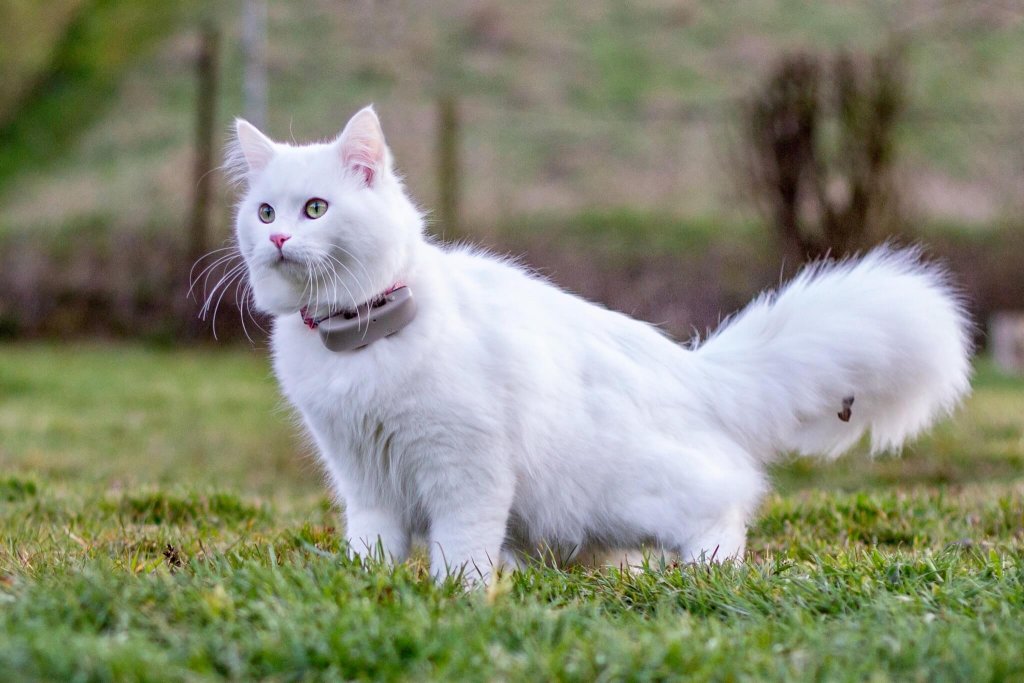Cat Tracker Implant

Once a cat enters a shelter its chances of going back to its people drop to a nearly insignificant 2.
Cat tracker implant. Things you can t put in a chip. Pawtrack takes a location fix every 10 minutes and on request for live tracking. The microchip is basically useless it s scanned. The online magazine with all the information you need for a happy healthy pet.
The only device that gives you this ability over an unlimited range is the gps tracker since it offers the possibility of real time tracking. Whether we call it a cat gps chip implant a cat microchip tracker or a gps microchip for cats a cat tracker chip is a complete myth and impossible to implement. However many people do not know if a gps tracker can be implanted in an animal especially a dog. We ll be the first to say how critical a microchip implant is for your dog or cat.
To answer the question it is not possible to implant a gps tracker in your dog. Why use a pet tracker for cats. Therefore the two main reasons why these components make it impractical to implant a gps tracker are explained below. It s one of the most common misconceptions that gps trackers and microchip implants do the same thing but that couldn t be further from the truth.
The cat monitoring collar uses gps glonass for tracking and works in over 170 countries. Tracking your cat microchip vs gps technology. In order to be an active gps device that would register through a global positioning satellite the microchip would have to be powered up at all times but microchips don t have internal batteries or power sources because they re too small. Most of the people in the world today think that it is possible to implant a gps tracker in your dog.
In conclusion the main difference between a microchip cat identification implant and a cat gps tracker is the possibility of actively searching for your cat in case she runs away or gets lost. Size the newest and most modern gps tracker for dogs available on the market today the tractive gps dog tracker has dimensions of about 72 x 29 x 16 millimeters and weighs approximately 30 grams. About 14 of dogs and 15 of cats will get lost at least once. The way the microchip works however leads to its biggest drawback.
There are two major reasons why it is not possible. Find expert advice on training pet adoption health grooming and much more. To better understand why it s important to both microchip your pet and track them with a gps keep reading. But according to the aspca s survey data 93 of dogs will return home while only 75 of cats get reunited with their human families.
If your cat gets lost someone will.








































